01 - Political Culture of Elitism as Barrier to Distributive Justice and Inclusive De...
http://dx.doi.org/10.31703/gpr.2021(VI-III).0110.31703/gpr.2021(VI-III).01 Published : Sep 2021
-
The research aims to examine the democratic ideals of participatory, inclusive democracy with "strong public" and clear means of interest articulation, in contrast to transitional, "delegative democracy," with local and national dynasties and the marginalized public.Employing the concept given by John Dewy, Jurgen Habermas, Nancy Fraser, Samuel P. Huntington, Takis Fotopoulos, the study is analyti... Details
-
Democracy, Public, Political Participation, Political Culture, Elite Rule, Pakistan
-
(1) Rafida Nawaz
Assistant Professor, Department of Political Science, Bahauddin Zakariya University Multan, Punjab, Pakistan.
(2) Muqarrab Akbar
Chairman, Department of Political Science, Bahauddin Zakariya University Multan, Punjab, Pakistan.
(3) Syed Hussain Murtaza
Ph.D. Scholar, Department of Political Science, Bahauddin Zakariya University Multan, Punjab, Pakistan.
02 - Life Imprisonment without Parole in China: Substituting Death for Economic Crime...
http://dx.doi.org/10.31703/gpr.2021(VI-III).0210.31703/gpr.2021(VI-III).02 Published : Sep 2021
-
Life imprisonment without parole and commutation (LWOP) came under Ninth Amendment to the 1997 Criminal Law of Peoples Republic of China as a proviso to the suspended death penalty for corruption crimes. The legislative intent given for the arrival of new punishment depicts LWOP as a solution for the disparity in a suspended death sentence, controlling judicial discretion and proportional punishme... Details
-
Death Penalty, LWOP, Strike Hard, Corruption, Balance Leniency, and Severity
-
(1) Hafiz Abdul Rehman Saleem
Assistant Professor of Law, University of Sahiwal, Sahiwal, Punjab, Pakistan
(2) Imtiaz Ahmad Khan
Associate Professor of Law, University of Sahiwal, Sahiwal, Punjab, Pakistan
(3) Hamid Mukhtar
Assistant Professor of Law, University of Okara, Okara, Punjab, Pakistan.
03 - Buffered Border Corridor: The Geo-Political and Strategic Significance of the Wa...
http://dx.doi.org/10.31703/gpr.2021(VI-III).0310.31703/gpr.2021(VI-III).03 Published : Sep 2021
-
The geo-political importance of the Wakhan corridor and its potential has been understood by many writers in different ways. It has its magnificence of its geographical location and a means of communication as well as a highway for trade. During the Soviet occupation of Afghanistan, the Wakhan corridor remained a strategic post for its forces and had a pivotal position in the global conflict of th... Details
-
Wakhan, Corridor, Geo-Political, Strategic, Importance
-
(1) Muhammad Shakeel Ahmad
Assistant Professor, Centre for Policy Studies, COMSATS University Islamabad, Pakistan.
(2) Munib Ahmed
Assistant Professor, Department of Chinese Language and Literature, National University of Modern Languages, Islamabad, Pakistan
(3) Muhammad Shoaib Malik
Associate Professor, Department of Pakistan Studies, National University of Modern Languages, Islamabad, Pakistan.
04 - Terrorism and Politico-Cultural Deviant Behavior: A Case Study of the Rise and F...
http://dx.doi.org/10.31703/gpr.2021(VI-III).0410.31703/gpr.2021(VI-III).04 Published : Sep 2021
-
This paper assumes a part of scholar's Ph.D. dissertation on(comparative analysis of the electoral politics of religious and secular political parties both at macro and micro level) and examines the causes of their success and failure in district Charsadda, Khyber Pakhtunkhwa, Pakistan. The paper specifically examines Awami National Party (ANP) and Jamiat-e-Ulama Islam Fazalur Rehman (JUI-F) havin... Details
-
Terrorism, Cultural Deviant Behavior, Election, Voting Behavior, Khanism, Taliban, TNSM, Floating Voters
-
(1) Mubasher Hassan
Independent Researcher
(2) Sanaullah
Demonstrator, Department of Political Science, Abdul Wali Khan University Mardan, KP, Pakistan.
(3) Sadaf Arbab
Lecturer, Department of Social Anthropology, University of Peshawar, KP, Pakistan.
05 - Role of Lambardar in the Malia Collection Process and Its Procedure in District ...
http://dx.doi.org/10.31703/gpr.2021(VI-III).0510.31703/gpr.2021(VI-III).05 Published : Sep 2021
-
The research is titled 'The role of Lambardar in the Malia collection process and its procedure in district Mandi Bahauddin. The study had seen how beneficial can be the role of Lambardar in the Malia collection process and how much Lambardar as a stakeholder is important in this process. Interviews of almost every stakeholder of this Malia collection process were taken such as local landowners of... Details
-
Lambardar, Malia, Chokidar, tax, Status
-
(1) Muhammad Awais
M. Phill Scholar, Department of Anthropology, Pir Mehr Ali Shah, Arid Agriculture University, Rawalpindi, Punjab, Pakistan.
(2) Abid Ghafoor Chaudhry
Associate Professor, Department of Anthropology, Pir Mehr Ali Shah, Arid Agriculture University, Rawalpindi, Punjab, Pakistan.
(3) Shagufta Hamid Ali
Lecturer, Department of Anthropology, Pir Mehr Ali Shah, Arid Agriculture University, Rawalpindi, Punjab, Pakistan

 Volume XI, Issue I (Winter 2026)
Volume XI, Issue I (Winter 2026)  Volume X, Issue IV (Fall 2025)
Volume X, Issue IV (Fall 2025) 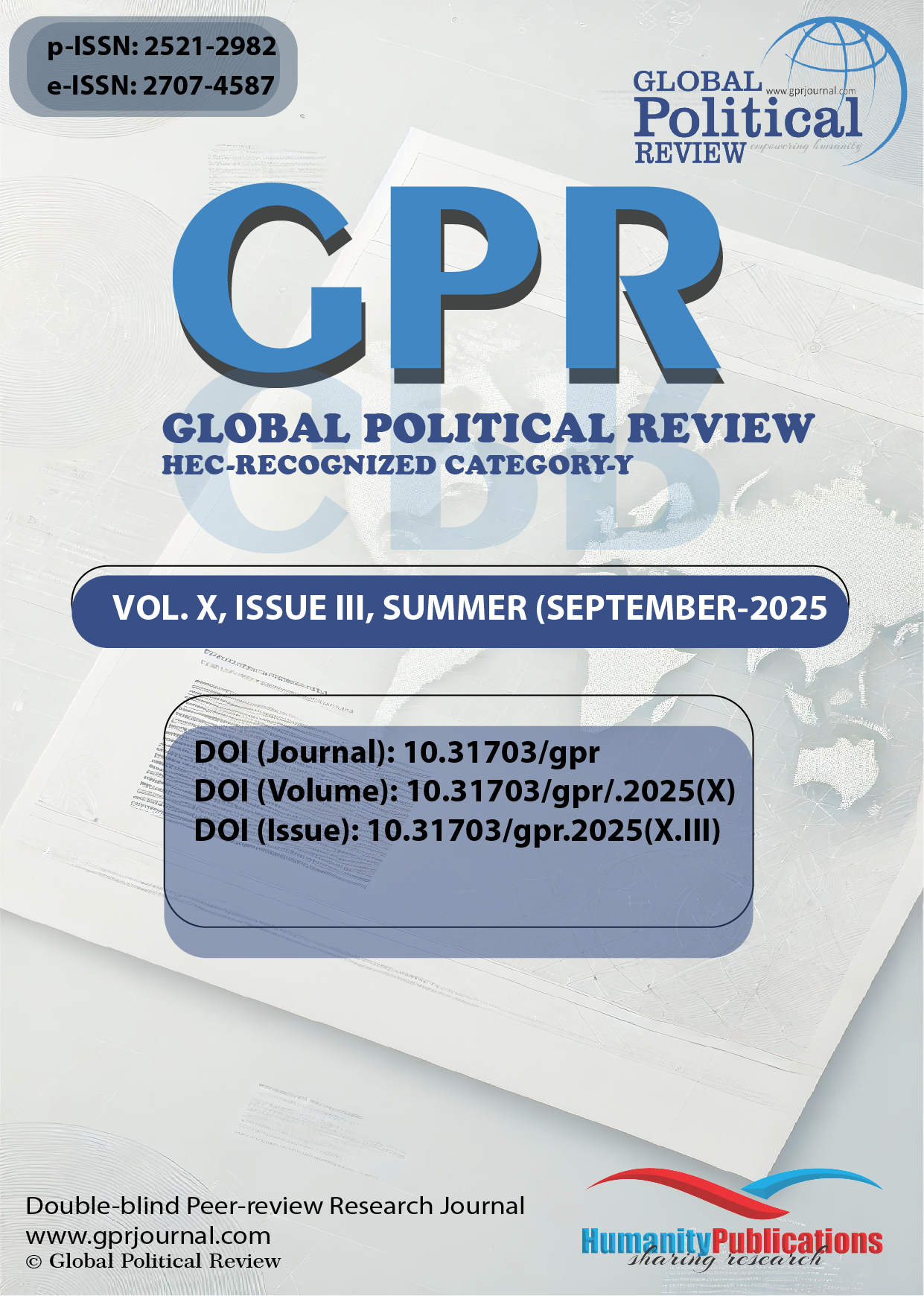 Volume X, Issue III (Summer 2025)
Volume X, Issue III (Summer 2025) 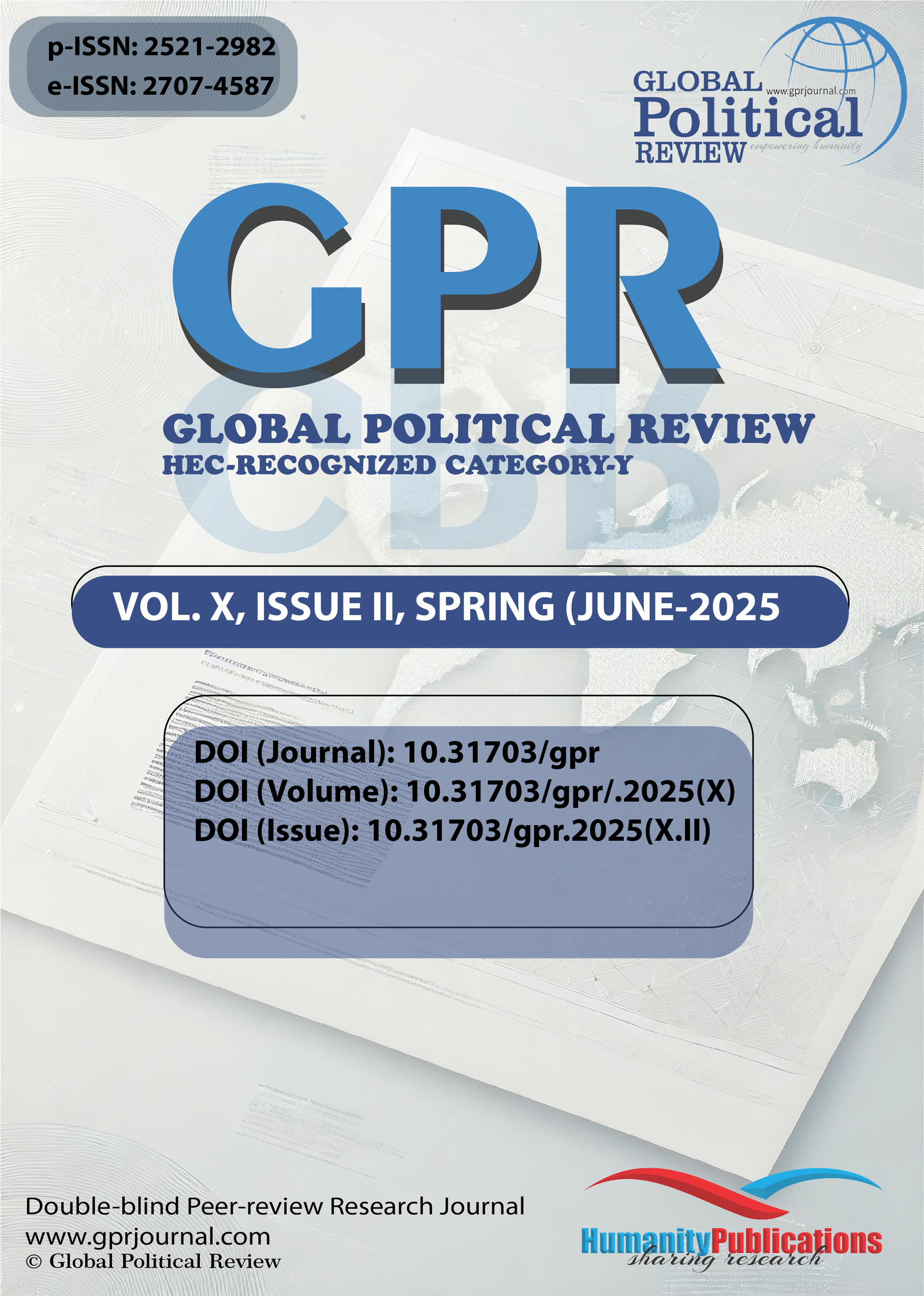 Volume X, Issue II (Spring 2025)
Volume X, Issue II (Spring 2025)  Volume X, Issue I (Winter 2025)
Volume X, Issue I (Winter 2025)  Volume IX, Issue IV (Fall 2024)
Volume IX, Issue IV (Fall 2024)  Volume IX, Issue III (Summer 2024)
Volume IX, Issue III (Summer 2024)  Volume IX, Issue II (Spring 2024)
Volume IX, Issue II (Spring 2024)  Volume IX, Issue I (Winter 2024)
Volume IX, Issue I (Winter 2024)  Volume VIII, Issue IV (Fall 2023)
Volume VIII, Issue IV (Fall 2023)  Volume VIII, Issue III (Summer 2023)
Volume VIII, Issue III (Summer 2023)  Volume VIII, Issue II (Spring 2023)
Volume VIII, Issue II (Spring 2023)  Volume VIII, Issue I (Winter 2023)
Volume VIII, Issue I (Winter 2023) 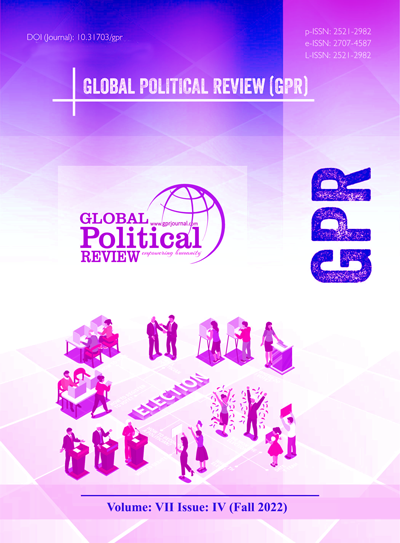 Volume VII, Issue IV (Fall 2022)
Volume VII, Issue IV (Fall 2022)  Volume VII, Issue III (Summer 2022)
Volume VII, Issue III (Summer 2022)  Volume VII, Issue II (Spring 2022)
Volume VII, Issue II (Spring 2022)  Volume VII, Issue I (Winter 2022)
Volume VII, Issue I (Winter 2022) 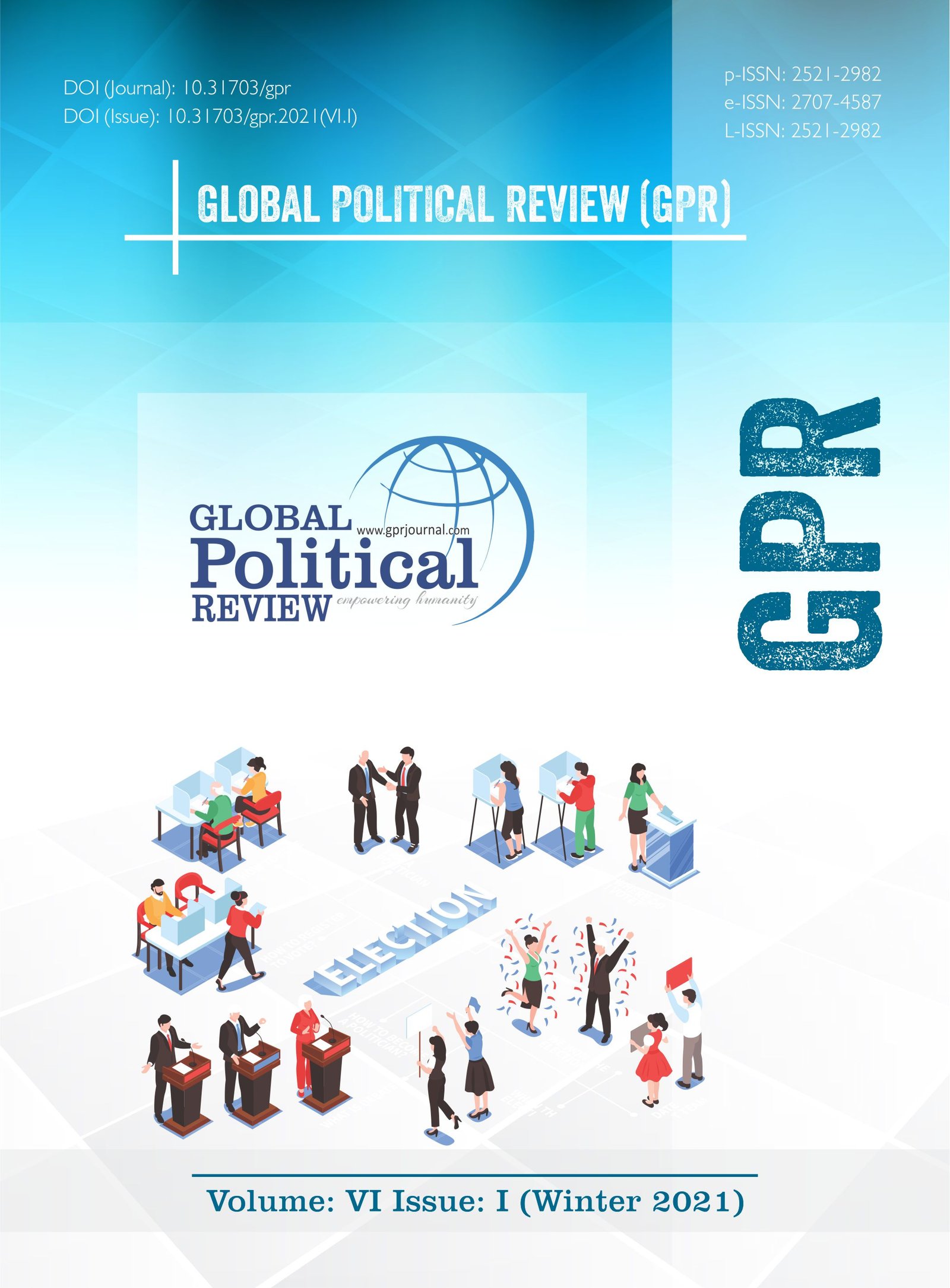 Volume VI, Issue IV (Fall 2021)
Volume VI, Issue IV (Fall 2021) 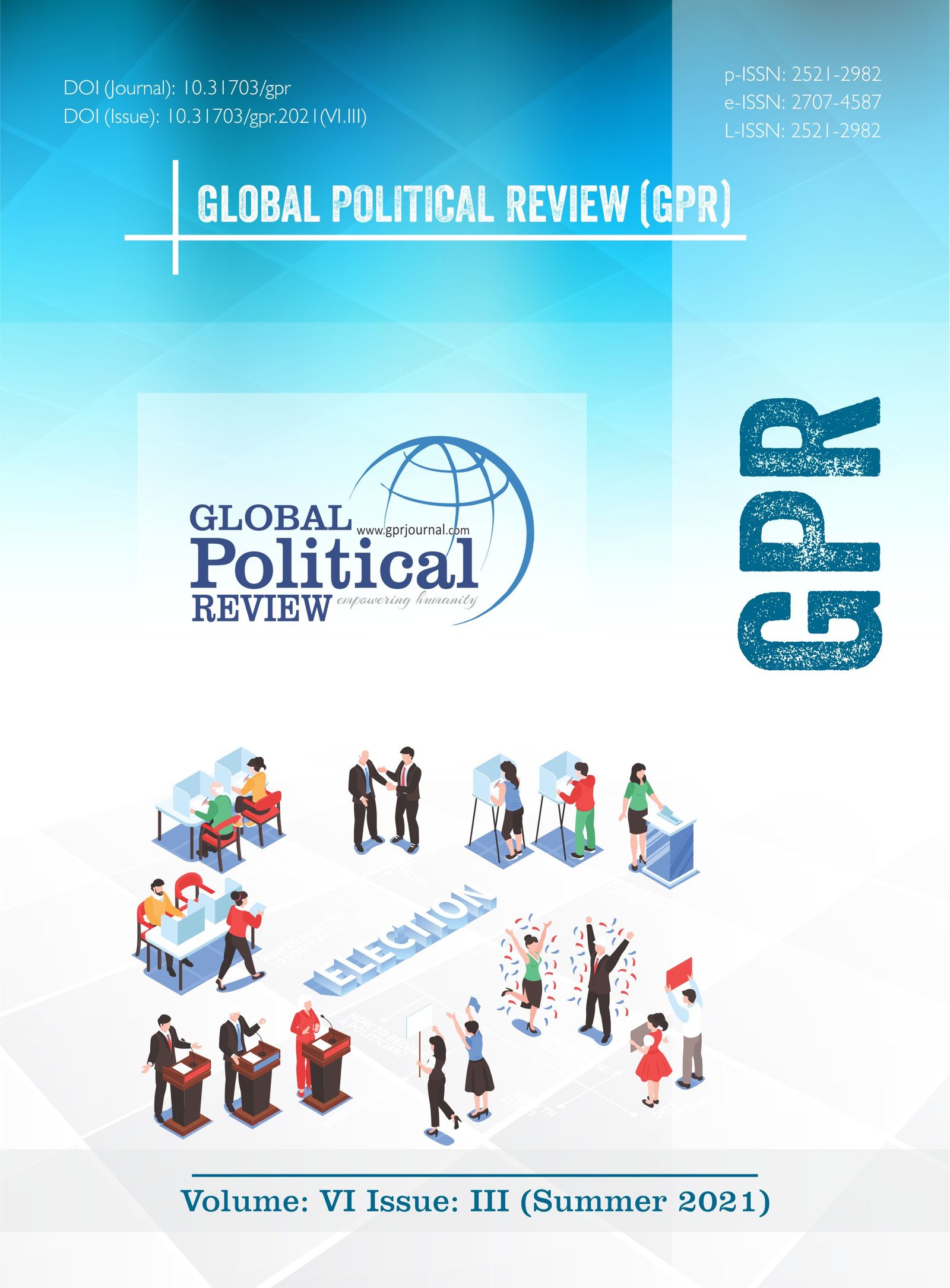 Volume VI, Issue III (Summer 2021)
Volume VI, Issue III (Summer 2021)  Volume VI, Issue II (Spring 2021)
Volume VI, Issue II (Spring 2021) 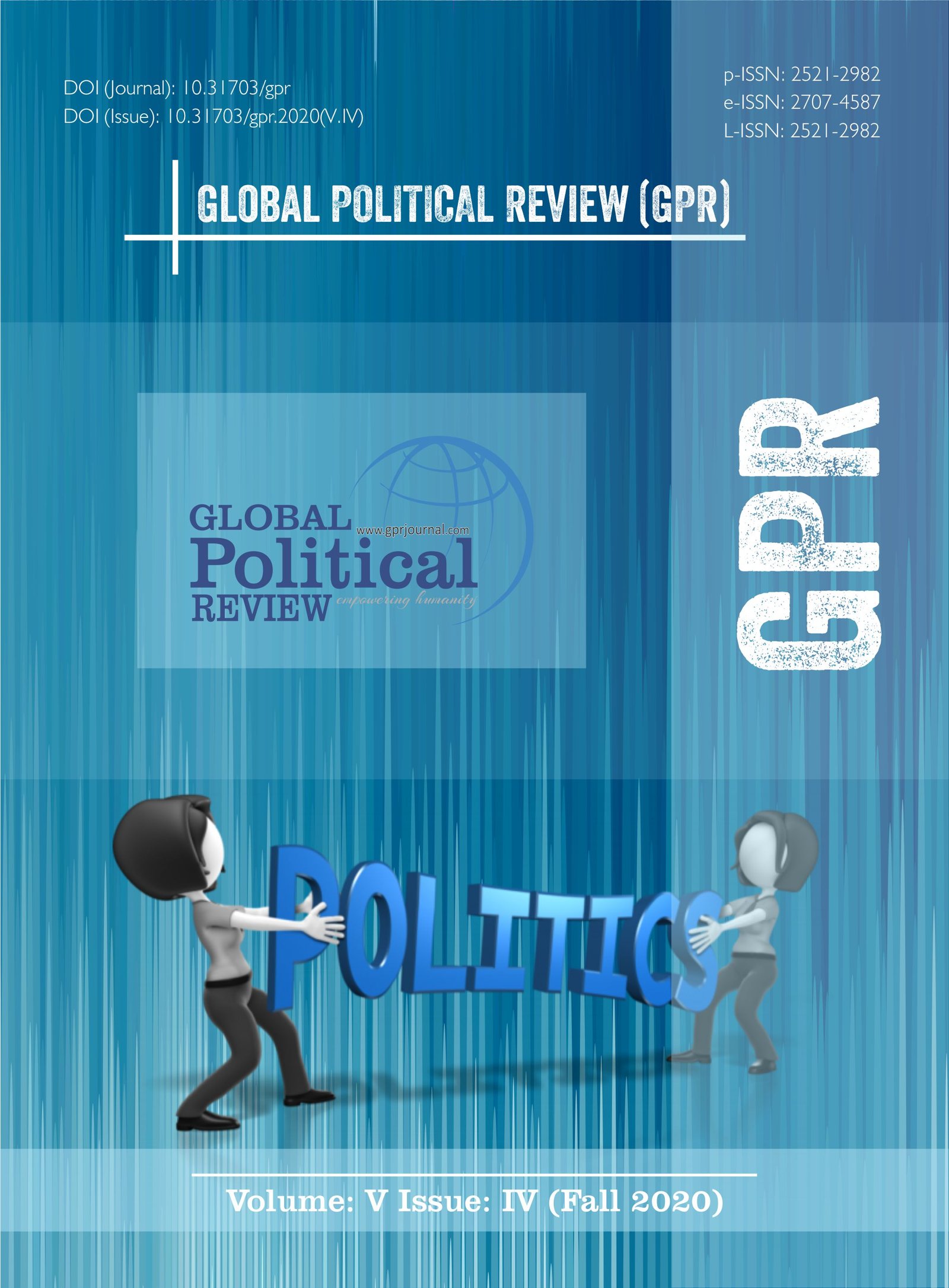 Volume V, Issue IV (Fall 2020)
Volume V, Issue IV (Fall 2020)  Volume V, Issue III (Summer 2020)
Volume V, Issue III (Summer 2020) 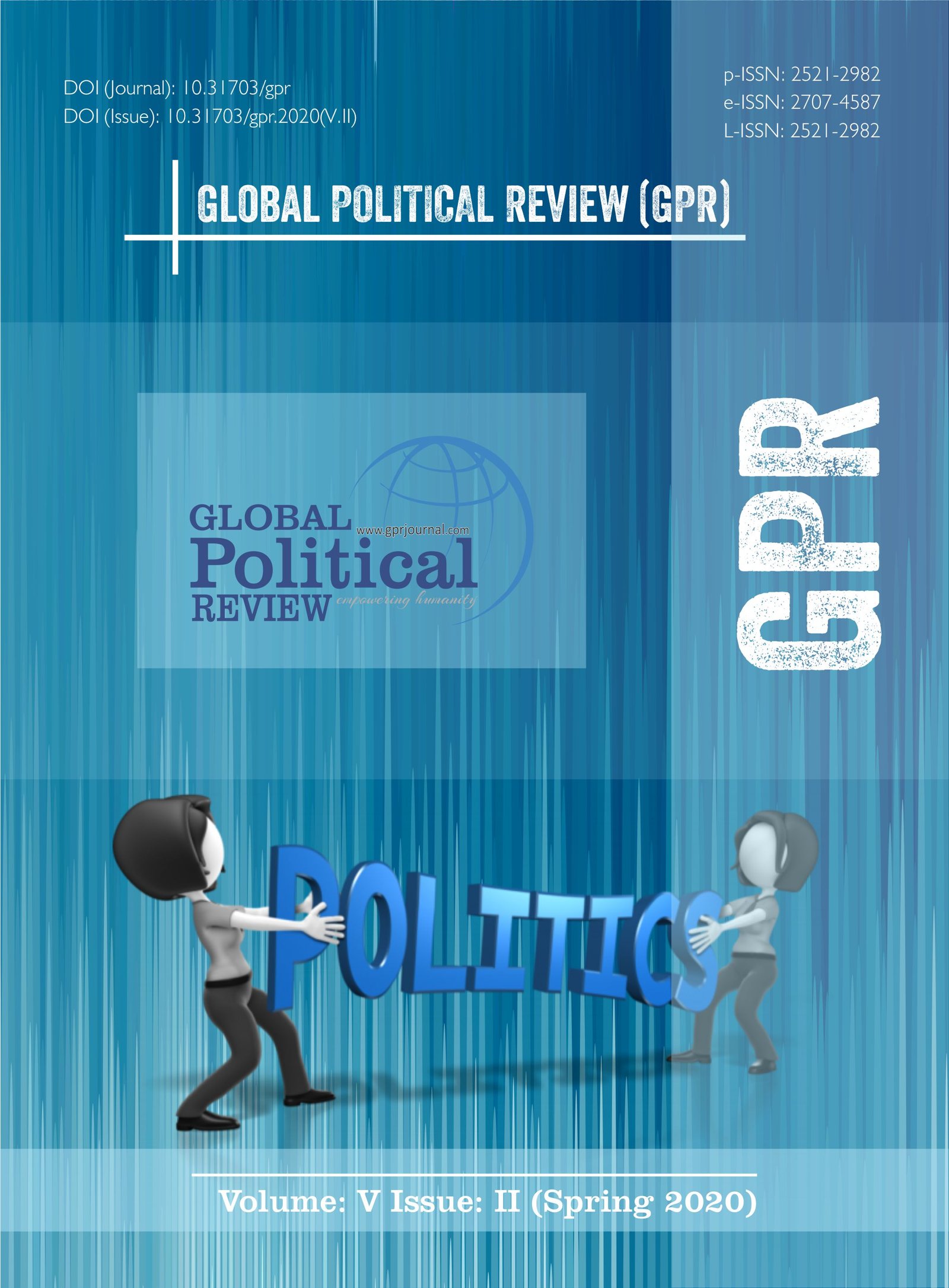 Volume V, Issue II (Spring 2020)
Volume V, Issue II (Spring 2020) 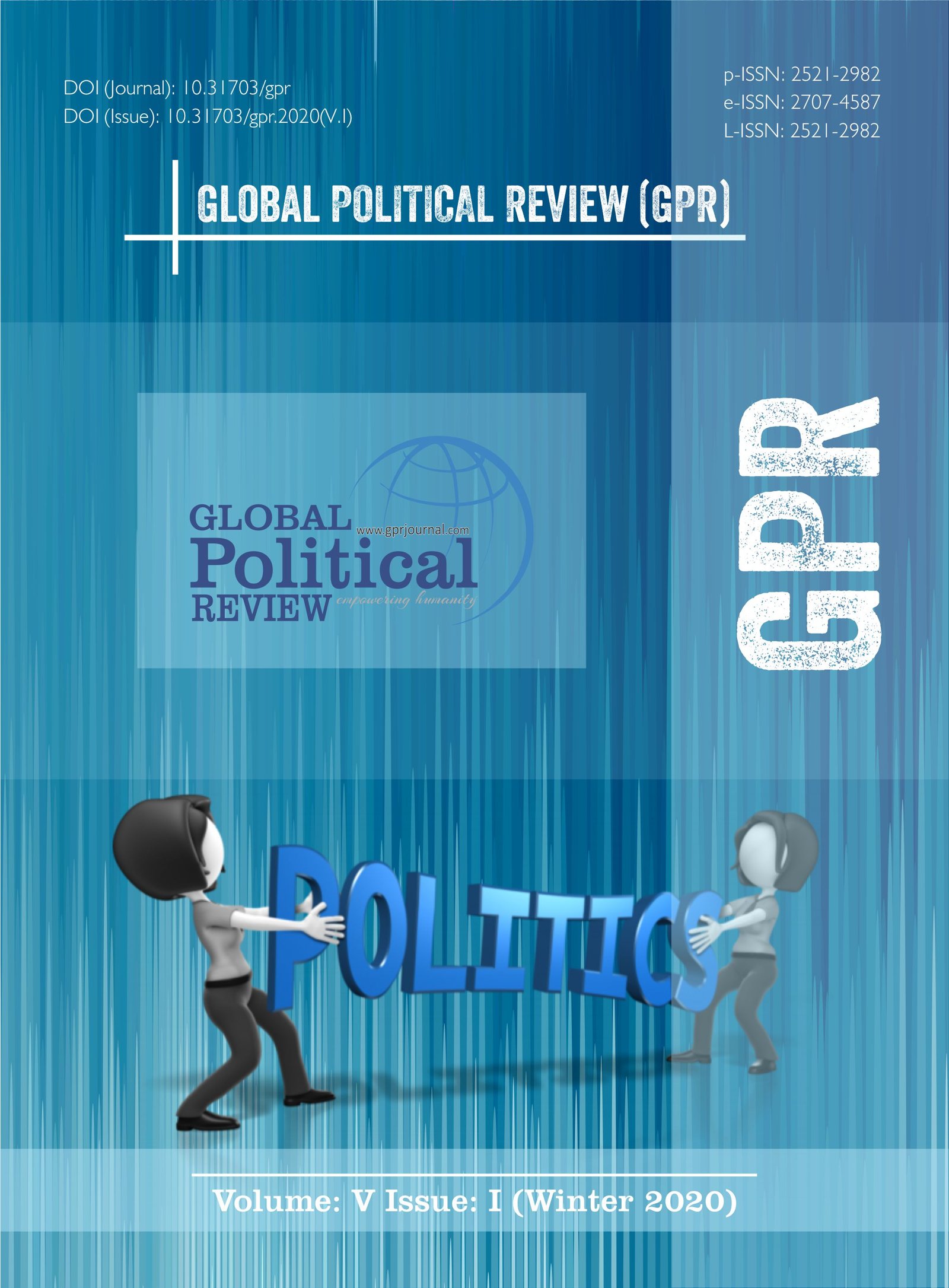 Volume V, Issue I (Winter 2020)
Volume V, Issue I (Winter 2020)  Volume IV, Issue IV (Fall 2019)
Volume IV, Issue IV (Fall 2019)  Volume IV, Issue III (Summer 2019)
Volume IV, Issue III (Summer 2019)  Volume IV, Issue II (Spring 2019)
Volume IV, Issue II (Spring 2019) 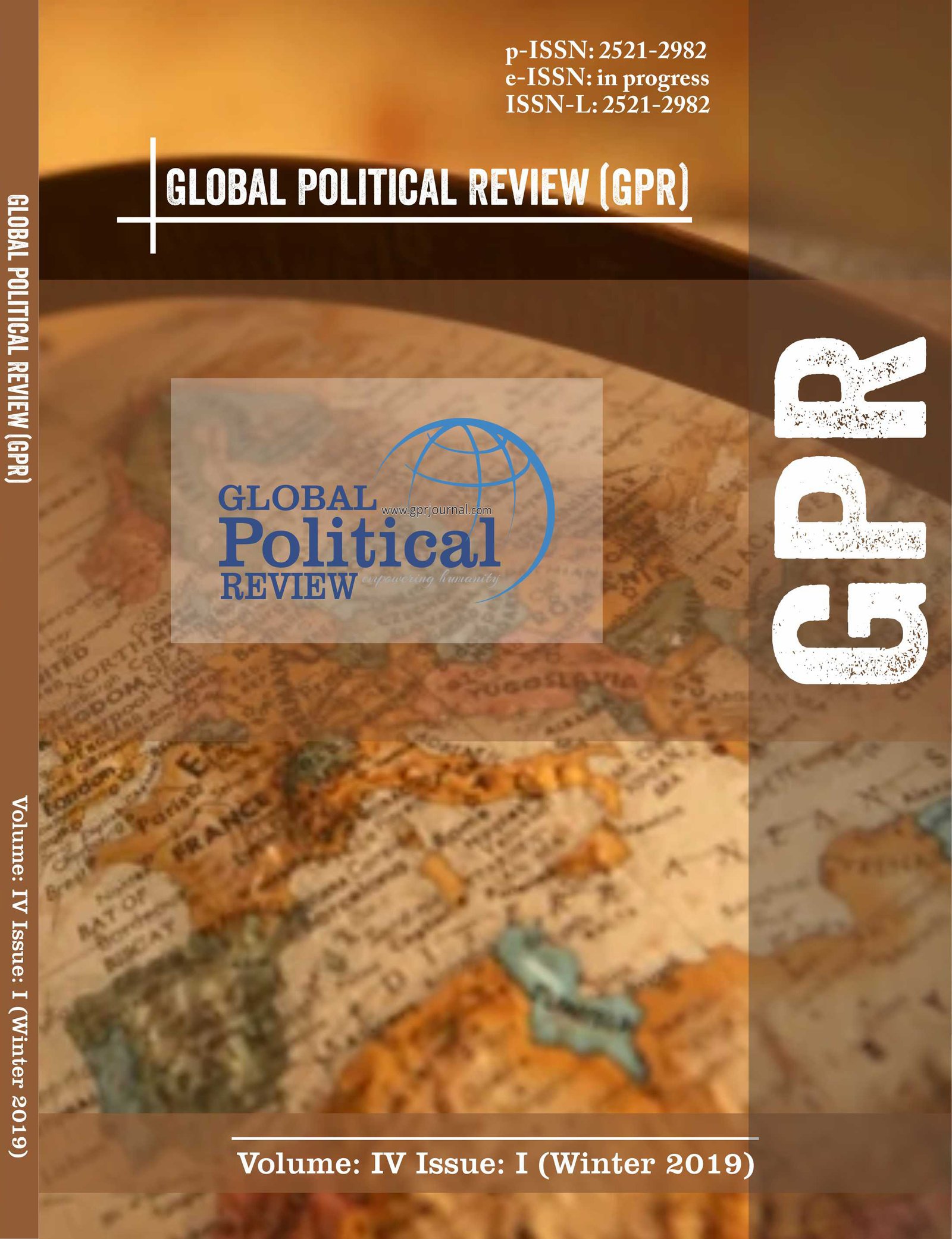 Volume IV, Issue I (Winter 2019)
Volume IV, Issue I (Winter 2019) 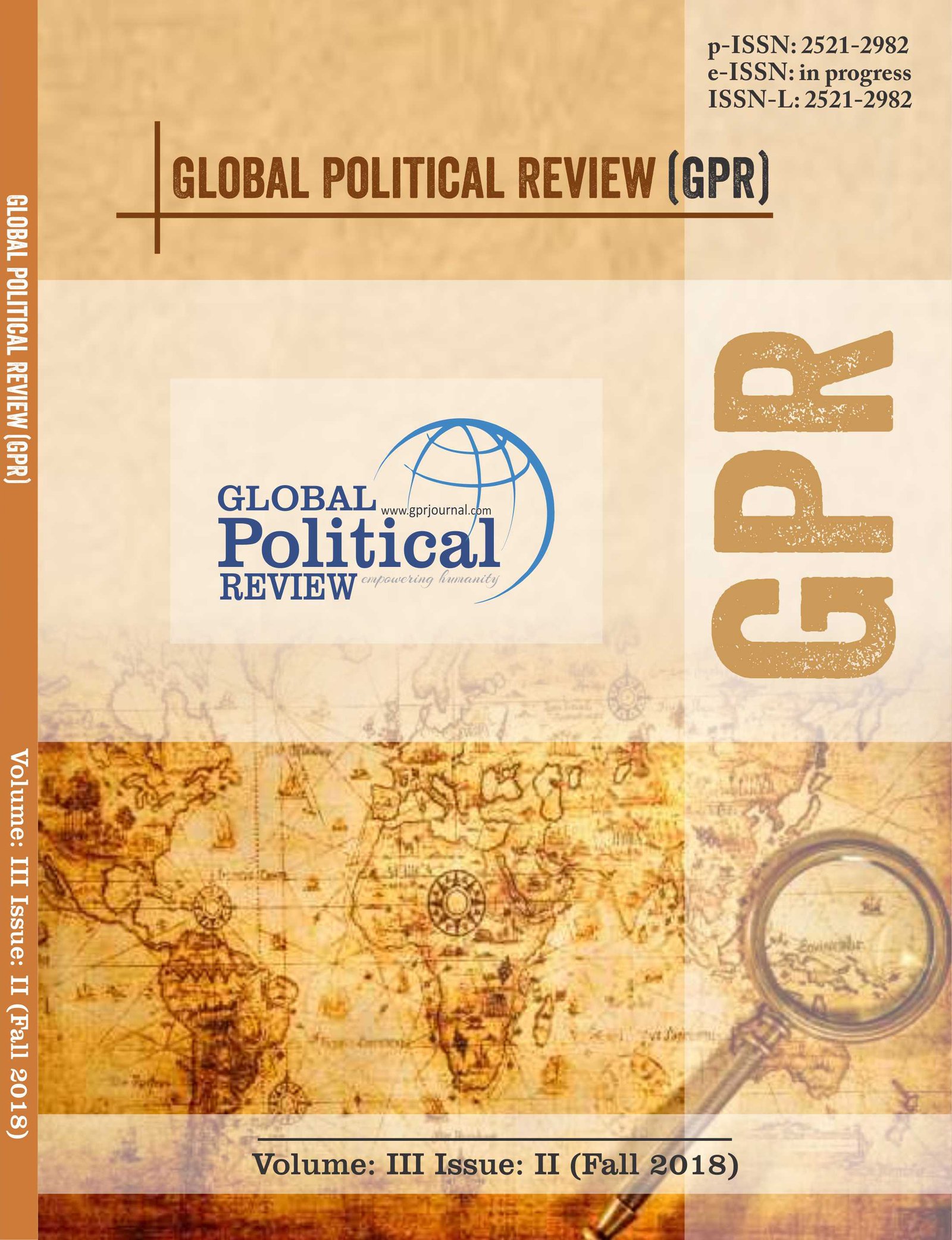 Volume III, Issue II (Fall 2018)
Volume III, Issue II (Fall 2018) 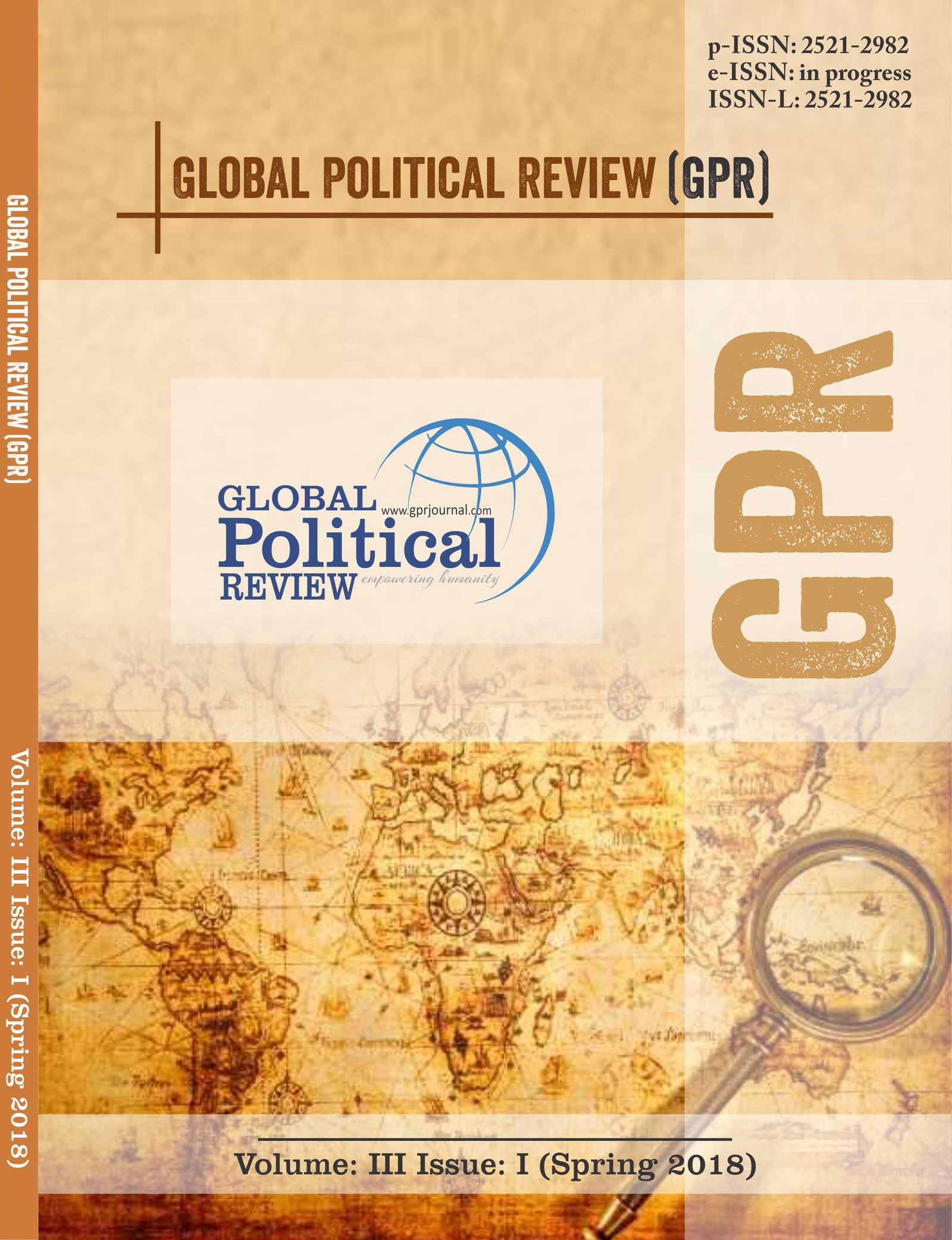 Volume III, Issue I (Spring 2018)
Volume III, Issue I (Spring 2018)  Volume II, Issue I (Fall 2017)
Volume II, Issue I (Fall 2017)  Volume I, Issue I (Fall 2016)
Volume I, Issue I (Fall 2016)